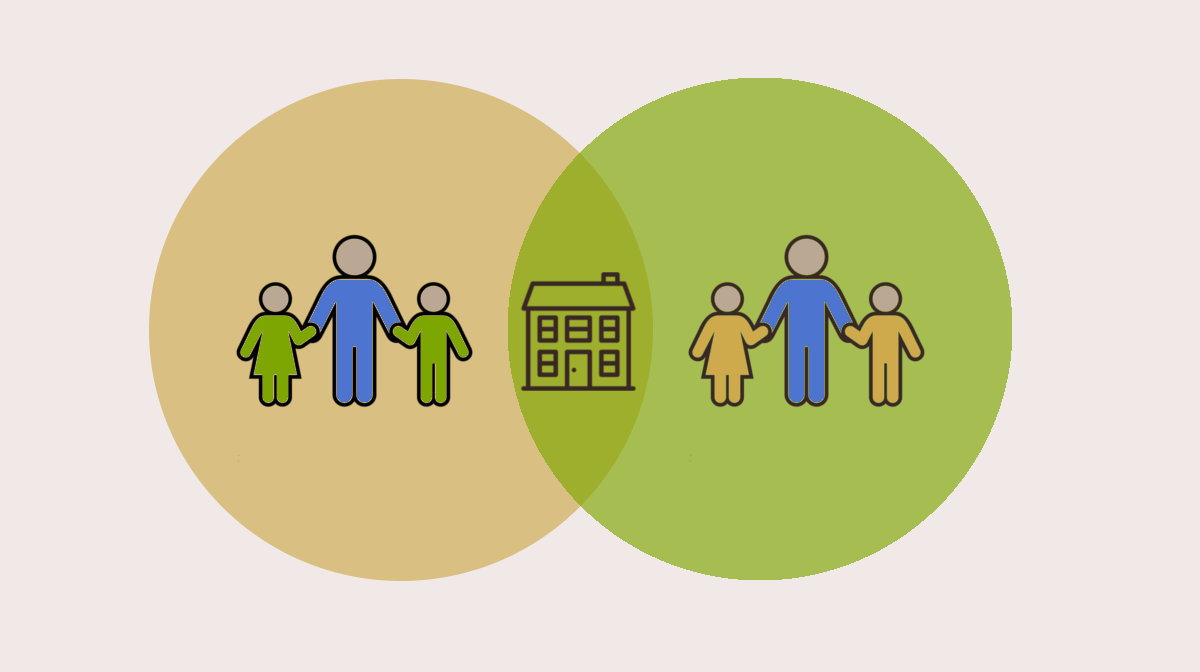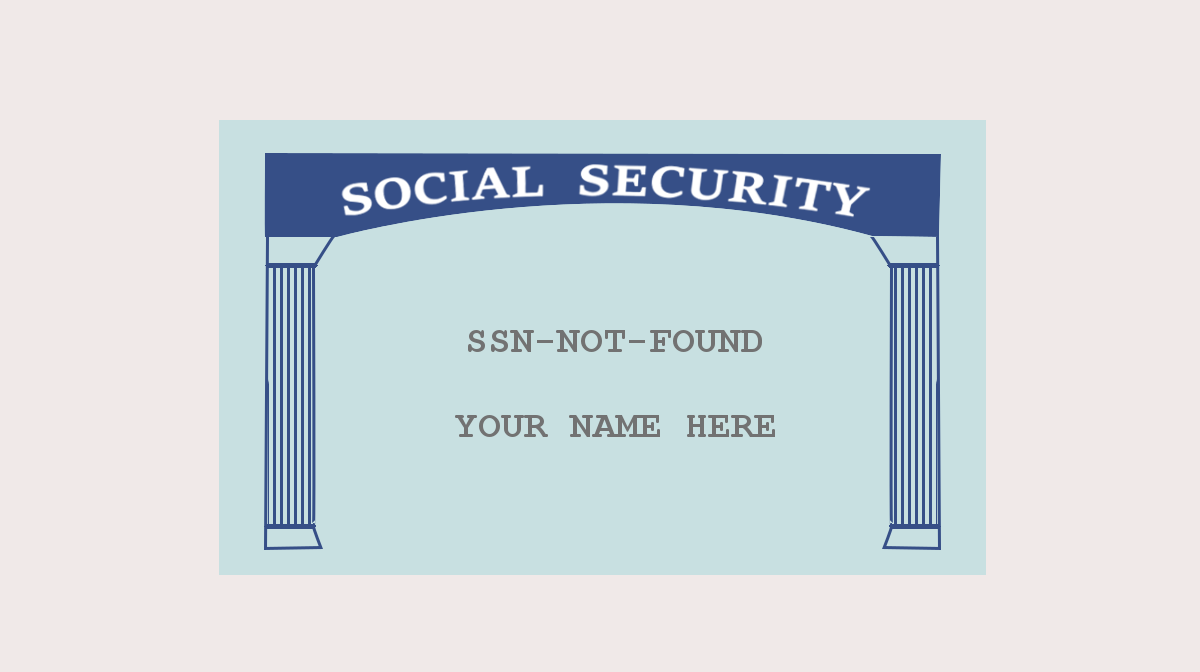I am trying to use simpler English for this article. I hope that this will make it easy for machine translators to convert the text correctly. I apologize that I am not able to translate it myself. To my English-speaking readers: the language I use here may seem a little strange. Machine translators read language in a different way than humans do.
We have posted six parts of this series for "unprotected minorities". You can find links to the other parts at the end. This time I want to speak to renters who do not have social security numbers. Most U.S. citizens have a social security number. Many new immigrants and international students do not have these numbers.
The laws of the United States protect many people from being refused housing based on the things they cannot control. These things include their race, their religion, their age, their children and their disabilities. But the country's laws do not protect people from being refused housing based on their immigration status. Some states have laws that do protect people based on their immigration status. Illinois does not have this sort of law.
Landlords like to check the history of tenants who want to live in their apartments. But many people have the same first name and last name. Landlords use the social security number to make sure that they are not reading the history of another person with the same name. They must use another company to look up the history. It is possible to use other numbers to identify a renter. But the history research companies do not always allow landlords to use other numbers. When a landlord cannot find the history of a renter they become fearful of the renter. They may turn down the renter. If you do not have a social security number you must learn how to find a landlord who will not be fearful of you.
I was a real estate agent for many years. I worked with many renters who did not have social security numbers. In this article I will tell you what I have learned from this work. Continue reading How to Find an Apartment without a Social Security Number






